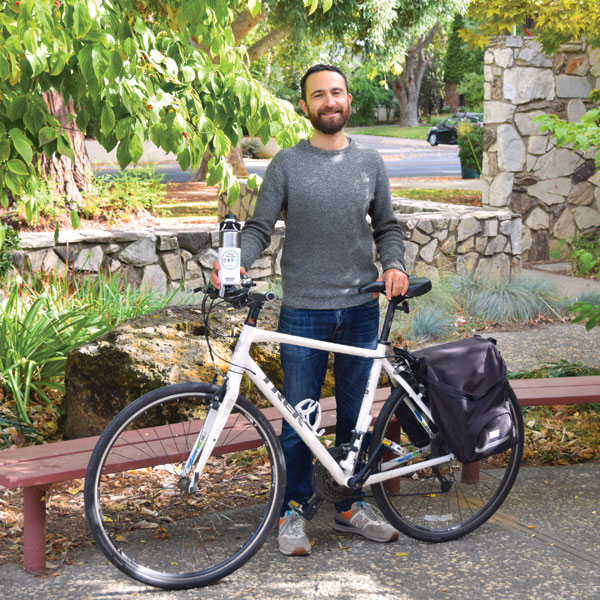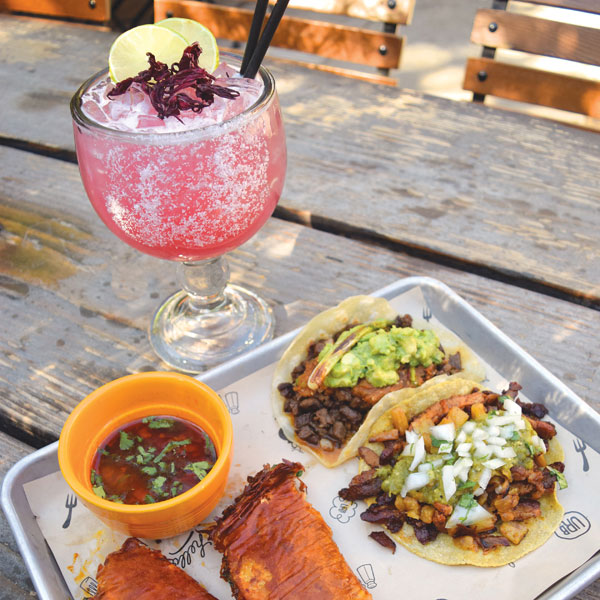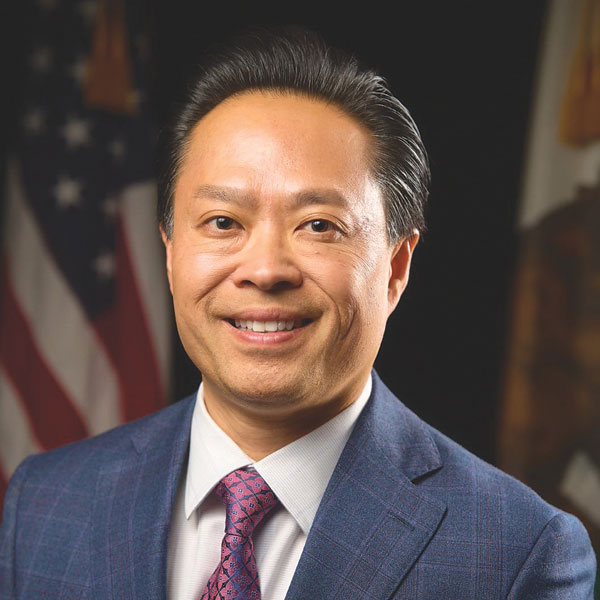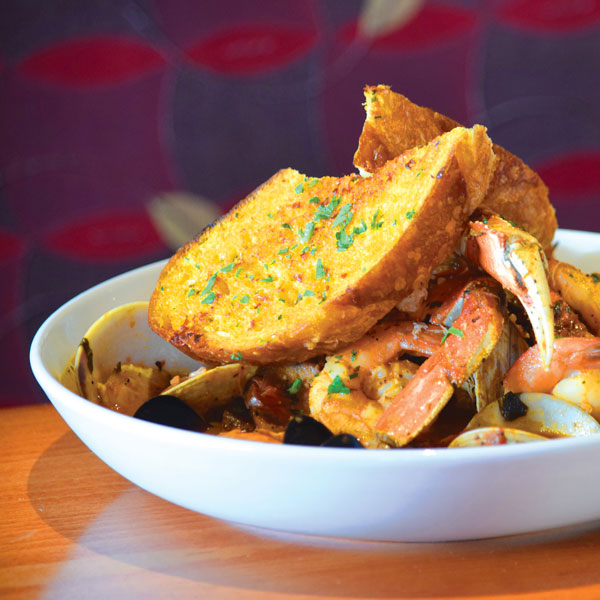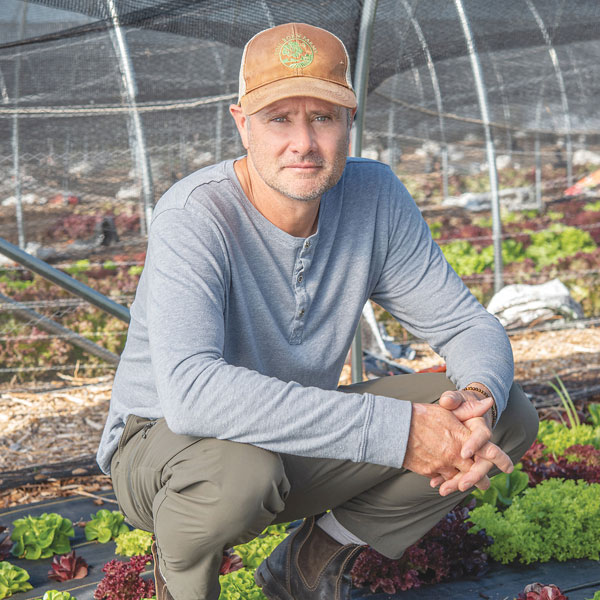
Oct 28, 2023
You probably know the environmental three Rs: Reduce, Reuse, Recycle.
Recycling is most familiar, but reducing has the biggest impact. Alex Aruj is determined to help Sacramentans learn how.
“I watched the documentary ‘The Story of Plastic’ and I was shocked and outraged at the environmental degradation going on through the lens of the plastic waste crisis,” says Aruj, a former Bay Area resident who moved to East Sacramento in 2020.

Oct 28, 2023
In June 2022, when Jen and Gary Sleppy announced they were closing The Shack, their beloved East Sacramento restaurant, it was a blow. The neighborhood hangout was a refuge for beer and burger lovers who considered the 90-year-old spot a home away from home.
Thankfully, an experienced restaurant and brewing group took over and continued the traditions of The Shack.
The view from Folsom Boulevard has always been humble. Holding down the corner at Folsom Boulevard and 52nd Street, the building began as a hot dog and root beer stand in 1932 and never changed much. The Sleppys took over in 2005. Combining their experience in hospitality and love of beer, they created one of the first specialty beer bars in town.

Oct 28, 2023
In an unprecedented move, District Attorney Thien Ho filed a lawsuit against the city of Sacramento citing lack of enforcement of laws related to homeless campsites.
I welcome this action. The policies and actions of Mayor Darrell Steinberg and the City Council have made Sacramento the most homeless-friendly city on the West Coast.
We are a place where homeless people believe they can live permanently on our streets. A place where individuals can pursue homeless lifestyles with impunity, ignoring laws, municipal codes and ordinances along the way.

Sep 28, 2023
Agood life is achieved with habits that bring happiness and well-being. Eat healthy. Move your body. Sleep well. Develop meaningful relationships. To those time-tested strategies I’ll add another. Cultivate kindness.
Three years of pandemic and lockdowns didn’t help a society well on its way to being far less connected and more self-absorbed.
One way out of this mess is for each of us to reconnect with the idea of shared kindness. It’s all about being aware of your impact on the world.

Sep 28, 2023
Scott’s Seafood on the River is a hidden gem for some, an old standby for others. Tucked away near Riverside Boulevard between Land Park and Pocket, Scott’s has delighted locals and travelers for 15 years.
Attached to the Westin hotel on the river, Scott’s hides in plain sight. Some readers may not think of heading to a hotel restaurant for a nice local meal. However, Scott’s Seafood on the River is independently owned by husband and wife Sigrid and Alan Irvine. They are independent from Westin and separate from other Scott’s in Folsom and the Bay Area.
The riverside location brings great views and Delta breezes to the dining room and patio. Earlier this year, it also brought the Army Corps of Engineers.

Sep 28, 2023
Soil Born Farms is the farm in the farm-to-fork capital.
Walking the farm at American River Ranch, off Chase Drive in Rancho Cordova, the bounty and its possibilities present themselves in powerful ways.
First, let’s admire the farm beds, prepared a year or two in advance with cover crops that promote carbon sequestration. Next, here’s an area soon to be planted in tall oaks. Nearby is a restored creek, cleared for salmon and steelhead spawning.
A walkway features hundreds of California native plants. An outdoor classroom is shaded by hanging grape clusters. At the demonstration garden, children find runner beans, sunflowers, peppers and tomatoes flush for picking.
